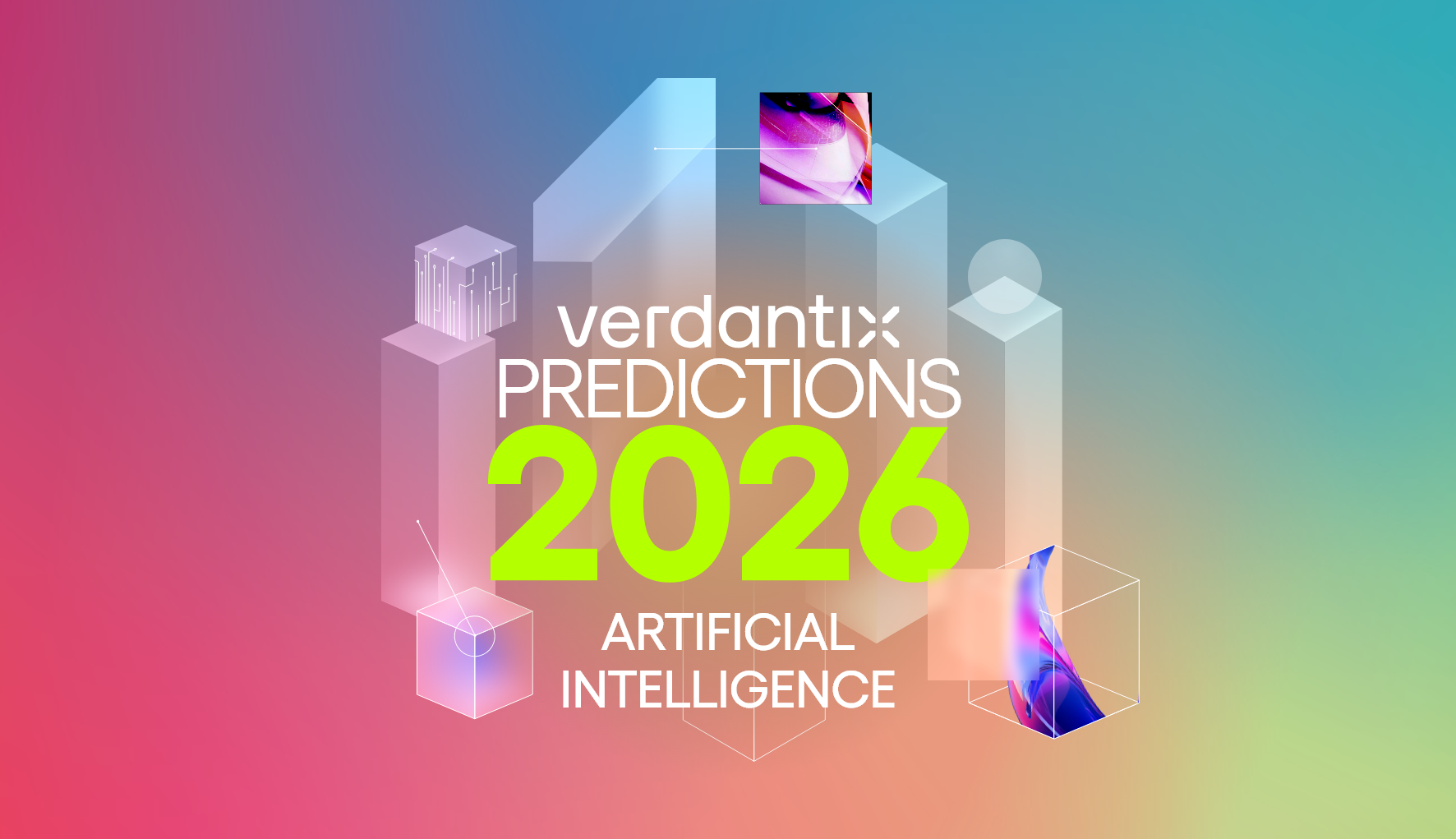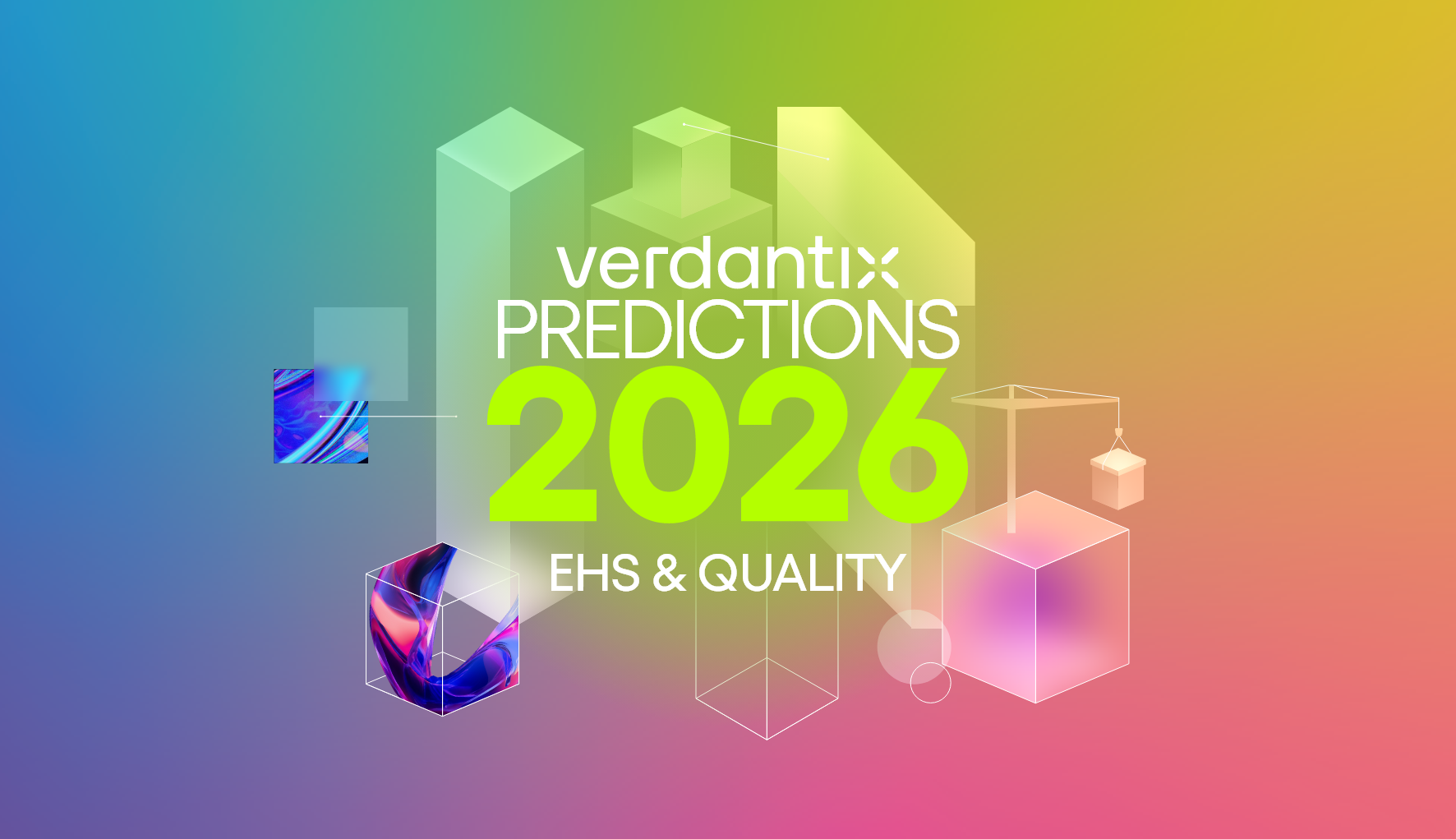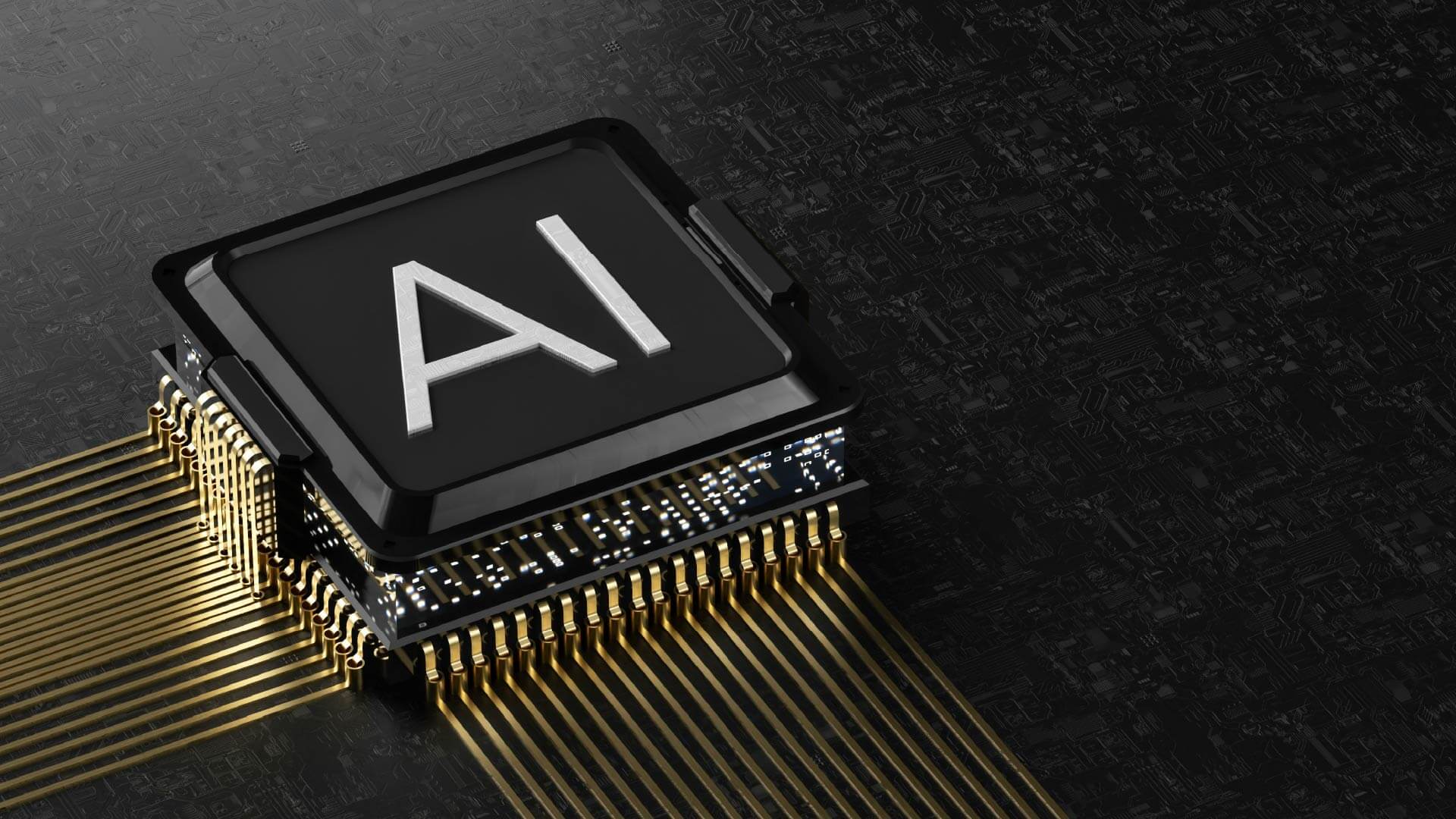Agentic AI Is Quietly Reshaping Real Estate, But Are We Asking The Right Questions?
You may not see them, but behind the scenes of many modern office towers, data centres and logistics hubs, intelligent AI agents are now in control – adjusting HVAC systems, predicting equipment failures and handling tenant requests without human input. While this quiet revolution is impressive, the real question is: what does this mean for the real estate industry at large?
We're not just talking about operational improvements. The rise of agentic AI – autonomous, goal-seeking systems that act independently – is poised to reshape the economic and labour structure of real estate itself. And yet, the broader market seems to be watching passively.
From novelty to necessity: AI’s creeping centrality
AI is no longer a futuristic buzzword. It's already embedded in the workflows of major software providers. JLL’s Falcon uses AI to optimize portfolio management and sustainability. BrainBox AI claims it can slash energy costs by 25% and emissions by 40%. Prescriptive Data’s Nantum AI OS is designed to keep Class A buildings running smoothly. This isn’t fringe – it’s fast becoming foundational.
But here’s the thing: as these tools become essential, the competitive landscape will shift. Properties without AI-enhanced systems will start to look inefficient and outdated. That’s not just a technology trend, it sets a new baseline for value in the commercial property market.
The human cost of efficiency
Let’s not confuse transformation with mass unemployment. Large portfolios once needed a battalion of facility managers, assistants and vendors. Today, AI platforms such as IBM TRIRIGA and ServiceNow absorb the repetitive triage and dispatch work. Yet the real risk isn’t widespread layoffs – it’s irrelevance for those who don’t learn to work alongside these tools. In an industry already struggling to attract enough qualified people, automation is arriving as much to fill gaps as to cut costs. The professionals, and owners, who master or control the technology will remain indispensable, redeploying scarce human talent to higher-value tasks instead of guarding legacy workflows. Real estate has always been people-heavy; the people piece is now simply evolving.
A market stratifying around intelligence
This is where the market opinion matters most: buildings supplemented by an agentic AI workforce will soon command a premium, while legacy properties lag behind. We're watching the formation of a two-tiered asset class: smart and not-so-smart. Investment strategies, leasing dynamics and even insurance underwriting will eventually reflect this divide.
Digital twins, voice-controlled building ops and autonomous maintenance aren’t just neat tricks – they’ll determine which properties win and which get left behind. The market hasn’t fully priced in that shift, but it’s coming.
Caution amid the hype
Yes, agentic AI brings major benefits: cost savings, energy optimization, tenant satisfaction. But it also introduces new dependencies. Who's accountable when an AI system fails? How secure is the data it uses? Can a building manager explain why the system made a particular decision?
These questions aren’t theoretical. They are urgent. And yet, amid the excitement, few firms are being transparent about their risk frameworks.
Final take
Agentic AI isn’t just changing how buildings operate, it’s reshaping what it means to be a competitive property. But with this transformation must come a critical lens.
The real estate market needs to be more than a passive adopter. It must become an active participant in shaping how this technology is integrated, regulated and balanced with human oversight. Because if we’re not careful, we might just automate our way into a less equitable, less accountable version of progress.
You can read more about the business value of agentic AI in real estate and facilities software in the upcoming Verdantix report, Tech Roadmap: Real Estate And Facilities Software (2025).
About The Author

Sophia Shakur
Industry Analyst





